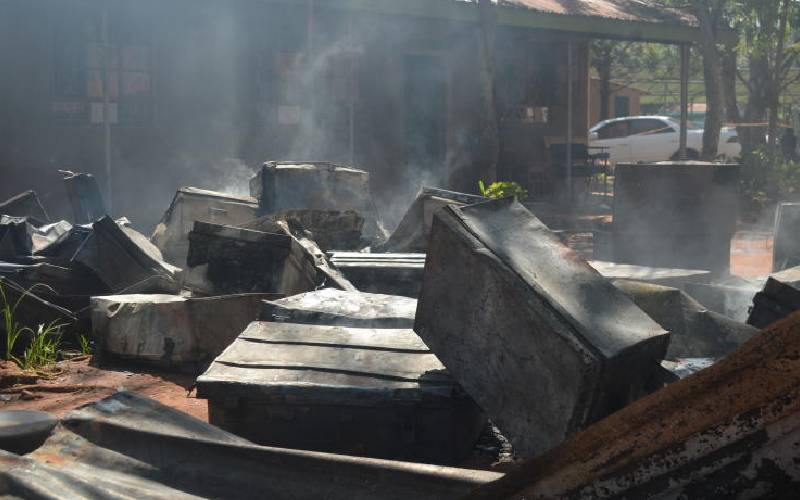×
The Standard e-Paper
Fearless, Trusted News

Unless we democratise school leadership whatever we do will do little to ameliorate the arson and in-discipline cases. [Courtesy]
This school calendar year has witnessed a meteoric rise in incidences of arson and misbehaviour in our secondary schools. For once, even academic giants have joined the fray. This should make us as a society to scratch our heads and bring out the underlying reasons for the occurrence.